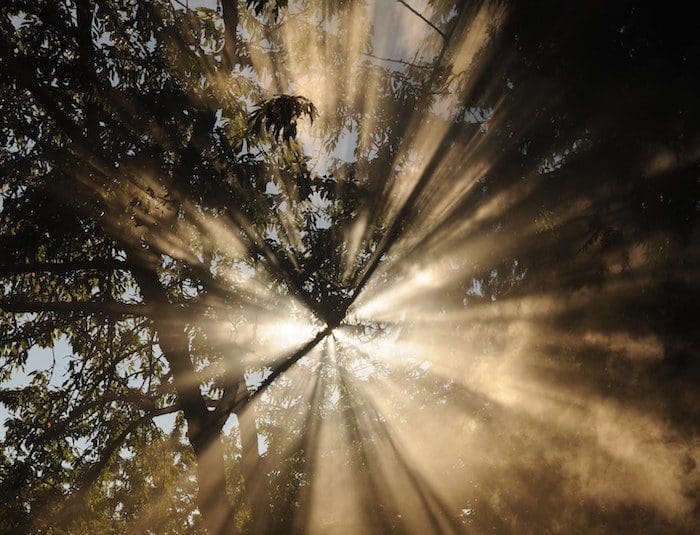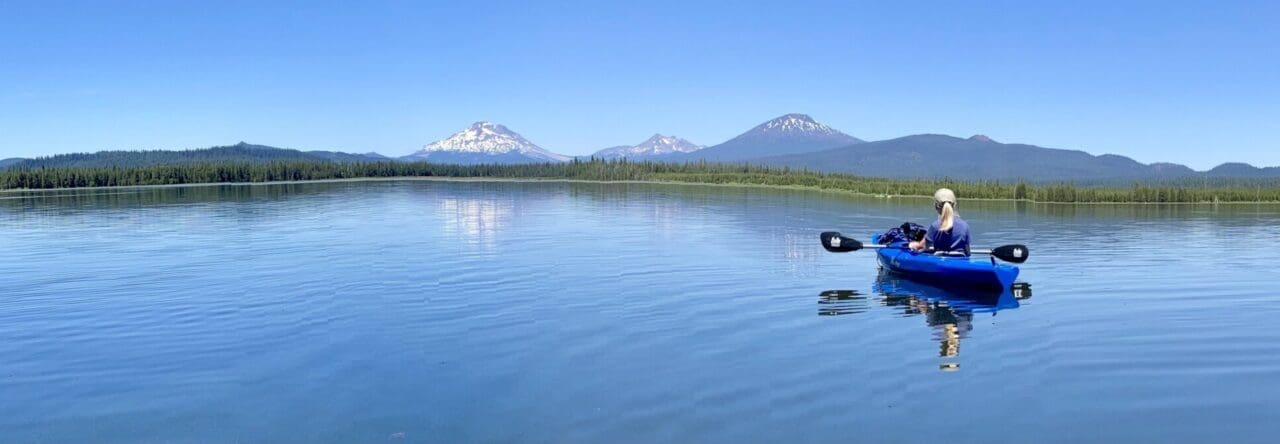In her book Be the Gift, Ann Voskamp wrote about a close friend who was losing her battle with cancer:
My friend Elizabeth was dying, and she still hadn’t any idea how much time she actually had to live. Maybe knowing you’re dying changes everything—while actually changing nothing. Because we all know it every single day, whether we have a diagnosis or not: We all get one container of time—but no one gets to know what size that container is.

If we’re all dying, then how should we live this day? How should we live in 2022?
At the beginning of each new year, I used to draft goals in various categories: physical, mental, relational, financial, spiritual. It was all outlined on my laptop in neat tables.
But I’m at a place in life where there are very few demands. No tightly scheduled meetings to attend. No clocking in at a nine-to-five gig. No waking up for regular night feedings of a newborn. And while I do have goals, I no longer create my meticulous tables.
Dan’s and my days are filled with busy-ness. Good busy-ness. Serving and encouraging our friends and family through hospitality. Serving homeless clients through the shower truck (Dan) and home-baked goods (me). Volunteering on manly fix-it projects (Dan), and writing articles, a blog, a book (me). Planning grandkid activities. Planning outdoor play in hiking boots and snowshoes.
And all the while, we’re dying a little more with each passing day.
This would be a depressing thought if there was no hope for life after life on this Tilt-A-Whirl planet. But there is this hope in the form of words spoken by Christ to a woman named Martha after her brother, Lazarus, died:
Jesus said to her, “I am the resurrection and the life. The one who believes in me will live, even though they die; and whoever lives by believing in me will never die.” – John 11:25-26
My niece, Heidi, works at a non-profit that advocates for families of adopted and foster children. She recently spoke at a TEDx event in the Sacramento area. She reported the statistics and the need for more homes while recognizing that not every family or single adult has the capacity to adopt or take in a foster child.
Toward the end of her presentation, Heidi challenged listeners: If you’re not able to foster or adopt a child, then what’s in your hands? How can you use it to support and encourage those families who are on the frontlines of caring for vulnerable children? She illustrated this with the example of her sister, Angie, who loves to cook and regularly delivers a hand-crafted meal to a family with foster children.
This same concept works for all areas of need. What’s in your hands that could support a homeless ministry, for example? In Dan’s case, there’s a driver’s license in his hands, and he has maintenance skills. So it falls naturally for him to keep the shower truck maintained and to take his turn driving it once a week to set up at Shepherd’s House.
In the uncertainty of COVID with its variant strains and the current political and social turmoil, how should we live in this new year? What if we made the most of what’s left in our container of time? What if we recognized what’s in our hands and gave it away while giving ourselves away?
Does knowing we’re dying change anything for 2022?
I hope so.

Allison
Marlys, I love this gentle reminder! The imagery of our lives being a “container of time” is powerful. Thank you for challenging us to think about how we use the minutes and hours of our days.
Marlys Lawry
Allison, what brought me up short when I first read Ann Voskamp’s words was this: we don’t get to know the size of our container. You’re right, it’s a powerful image. Thank you!
Dawn
Thanks for this, Marlys. I missed it when it originally came out but found it tonight, while going through older posts. Such a good reminder–to use what’s in our hands. We can’t do “it” all, but we can do something. So true.
Marlys Lawry
Well said, Dawn: “We can’t do it all, but we can do something.” I find myself frustrated when I can’t do it all, or do more, because it seems my little bit isn’t making a dent, a difference. But that’s a lie, isn’t it? And that kind of thinking keeps us from doing even that little bit.